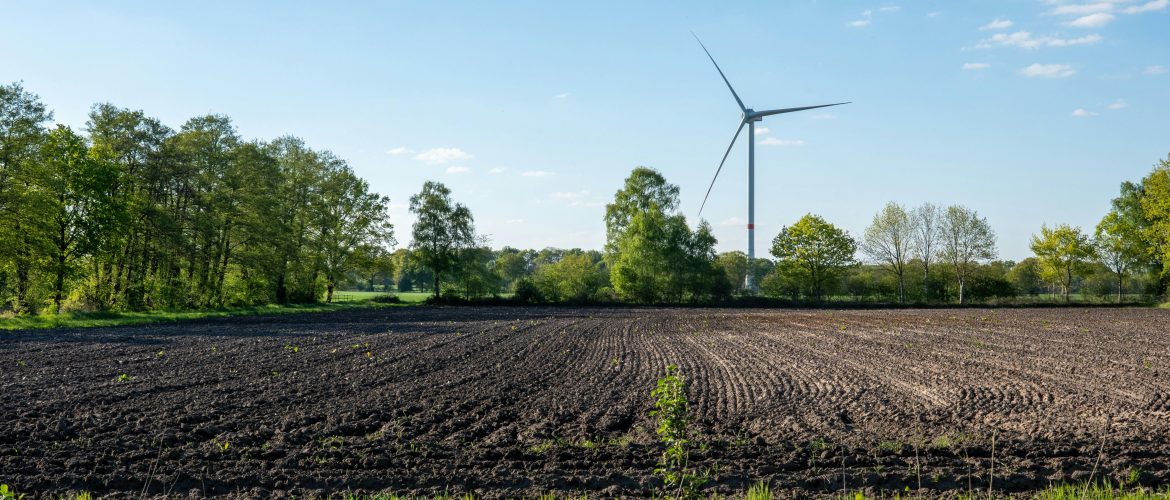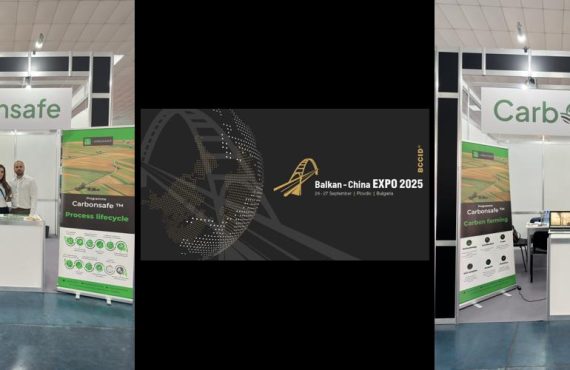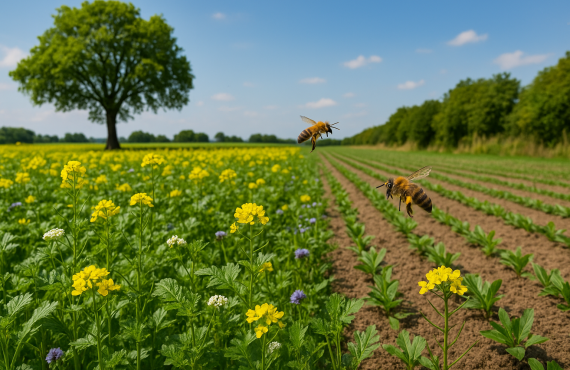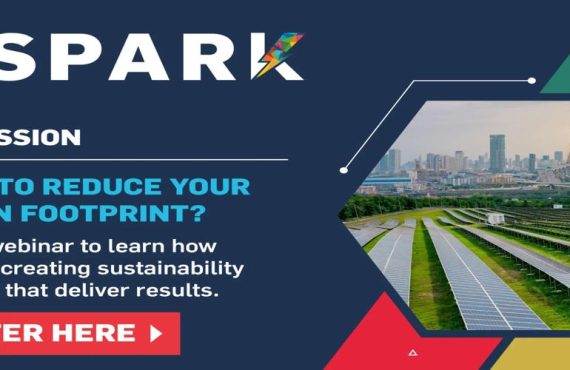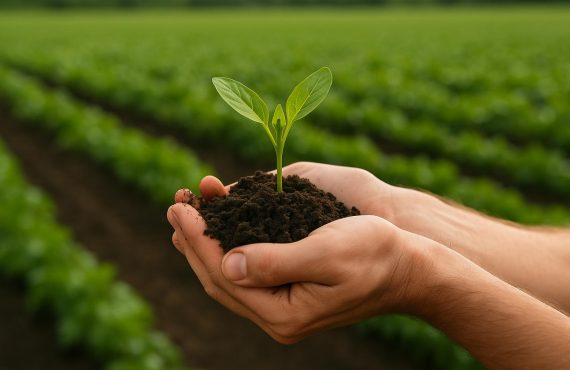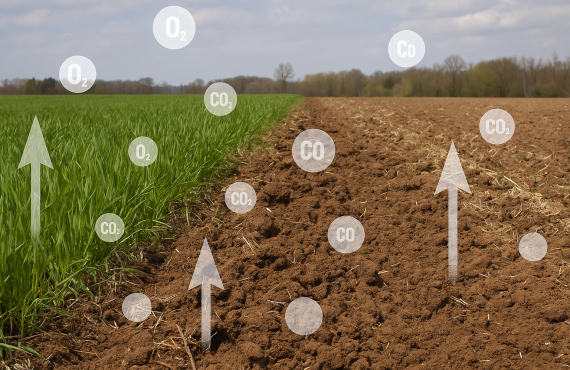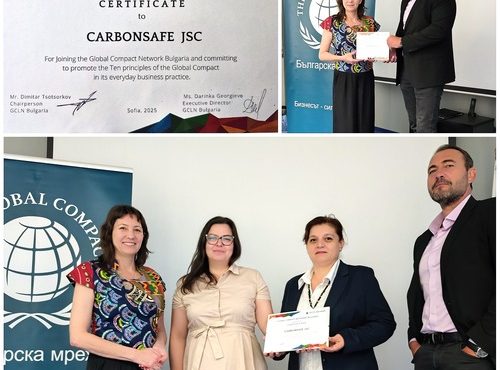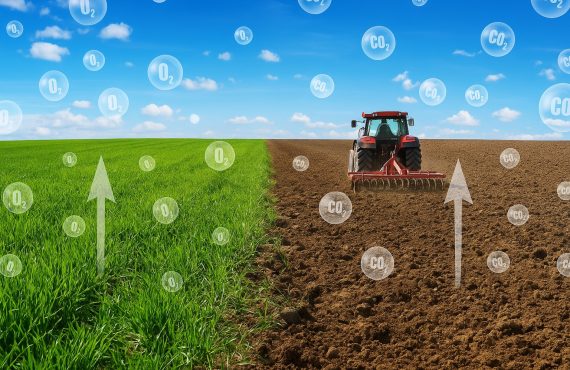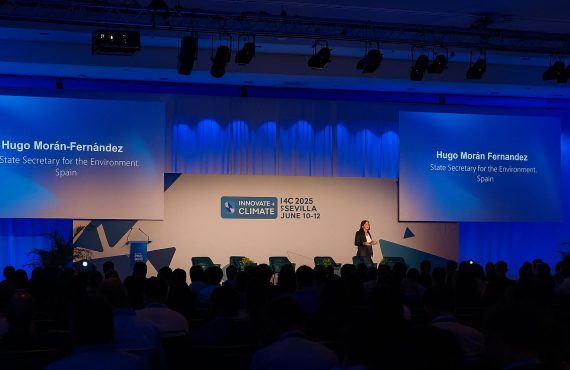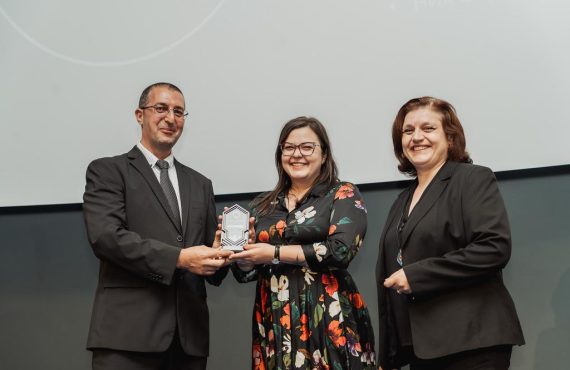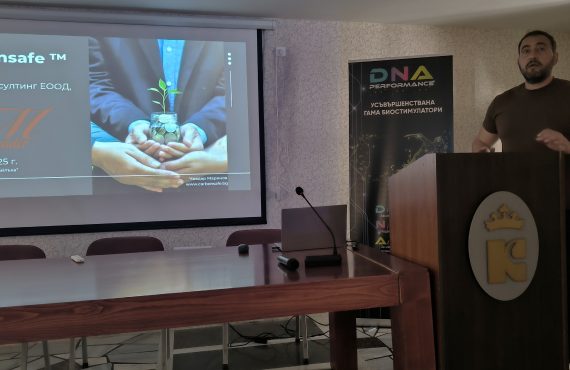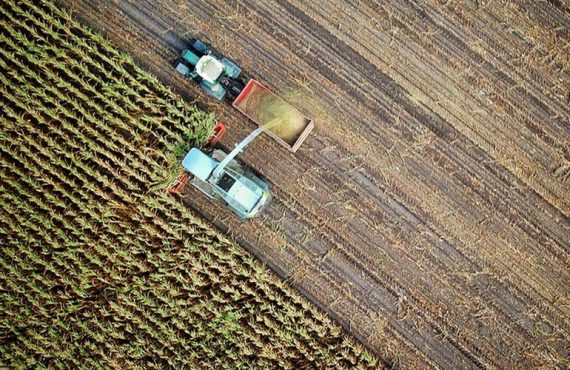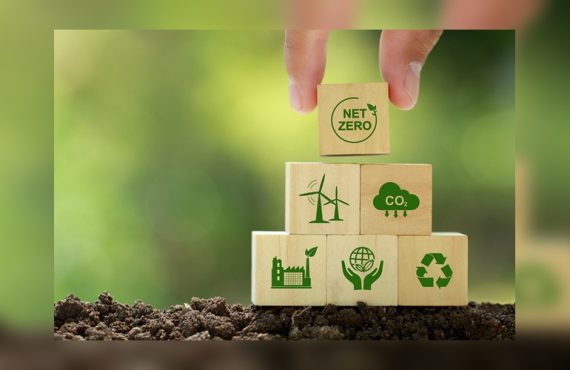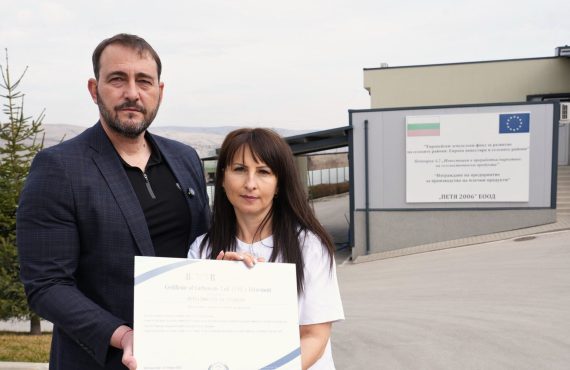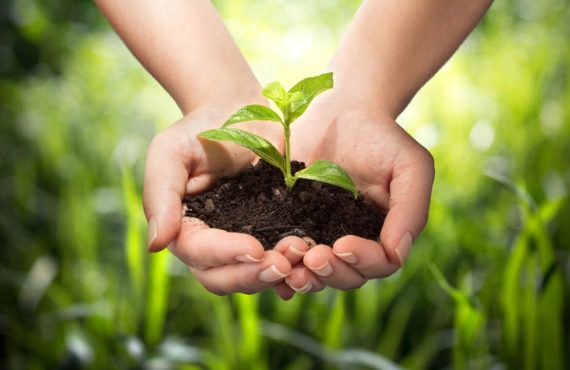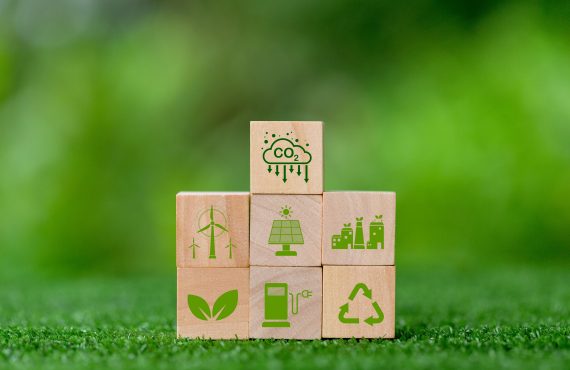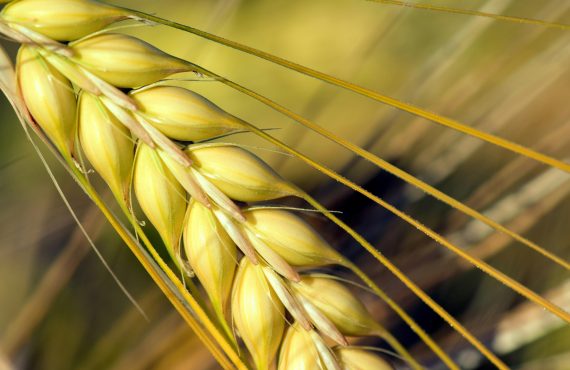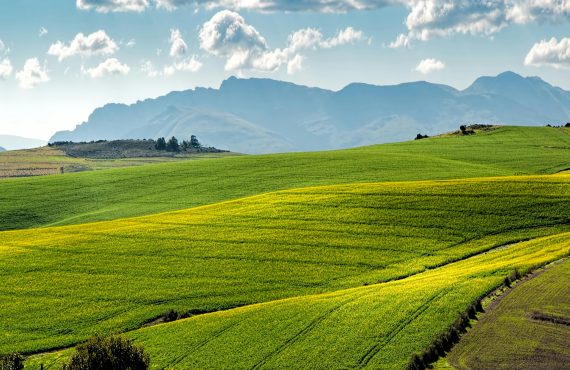Climate change is no longer a distant concern—it already affects farms across Bulgaria. Droughts, shifting seasons, and extreme weather events are putting pressure on agricultural producers to adapt and build more resilient practices. Carbon farming has emerged as one of the most promising strategies—not only for improving soil health, but also for contributing to global efforts to curb climate change.
What is the connection between agriculture and climate?
Agriculture is both impacted by and contributes to climate change. It accounts for nearly 25% of global greenhouse gas emissions—mainly methane, nitrous oxide, and carbon dioxide. At the same time, proper agricultural practices can turn soils into “carbon sinks”—storing carbon instead of releasing it into the atmosphere.
What is carbon farming?
Carbon farming refers to a set of practices that encourage carbon sequestration in the soil through biological processes. These include:
- Reduced tillage – decreases CO₂ release from soil;
- Cover crops – retain moisture and add organic matter;
- Organic fertilization and composting – increase soil carbon content;
- Agroforestry and alley cropping – integrate trees into farming systems.
These methods not only sequester carbon but also improve soil structure, biodiversity, and crop resilience under climate stress.
What are the benefits for farmers?
Transitioning to carbon farming also brings economic benefits. Through carbon credits, farmers can receive additional payments for every unit of carbon they retain in the soil. This is more than just compensation—it’s a new economic model where farmers become active contributors to climate solutions.
Carbonsafe – A Bulgarian solution with global relevance
The Carbonsafe program offers farmers the opportunity to participate in international carbon credit markets based on real soil sampling, laboratory analysis, and digital traceability. Unlike many other systems, Carbonsafe does not rely on simulations—each value is measured and verified by third parties.
Key advantages:
- Tangible results through ICP (Inductively Coupled Plasma) soil analysis
- Transparency via the Balkan Carbon Credit Registry (BCCR)
- Integration with a mobile tracking app
- Independent audits from international institutions (e.g. Earthood)
Conclusion: The future lies in sustainable solutions
Climate change requires immediate action. Carbon farming is an opportunity not just for adaptation but also for economic growth aligned with European and global trends. Through initiatives like Carbonsafe, Bulgarian farmers can move from passive observers to active participants in the global transition to a more sustainable economy.

